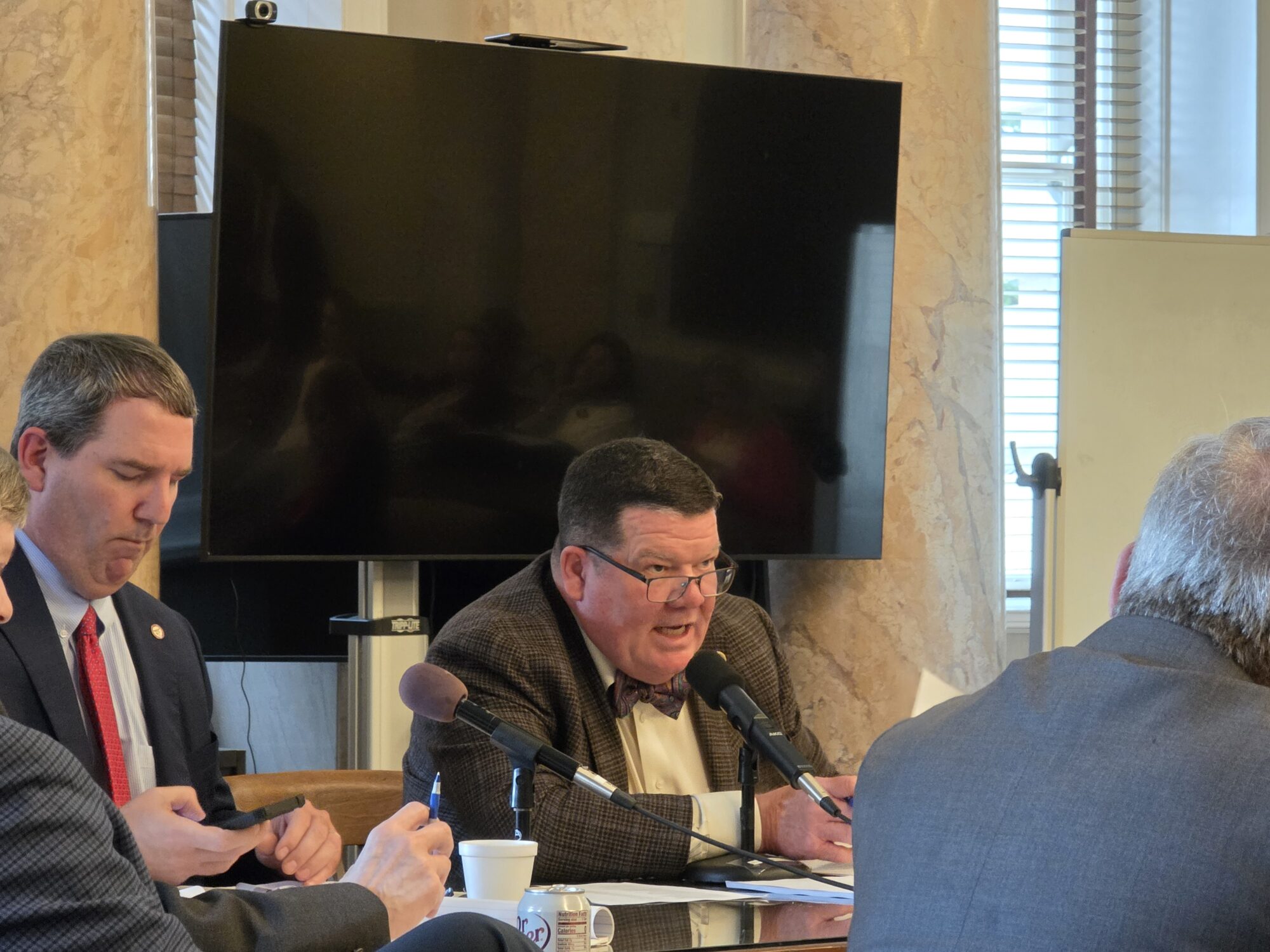
After what is one of the biggest deadlines of Session every year, the committee deadline really begins the process of narrowing down what bills might actually make it to law by July 1, 2020.
Several bills we’ve been following did in fact survive and will move forward in the legislative process.
Direct Shipment of Wine
SB 2534, authored by Senator Michel, would allow for the direct shipment of of wine to a consumer. In order to be able to ship the product directly to a resident, a seller must first hold the appropriate permit to bypass making the transaction through the Alcoholic Beverage Control Division. These permits are renewed yearly in order to allow a provider to engage in manufacturing, supplying, importing, distributing, wholesaling or retailing wine in the state.
RELATED: House hearing on reforming wine sales gets input from both sides
Obviously, you must be at least 21 or older to order a direct shipment of wine and all packages must be signed for by the over 21 adult. If you ordered it, it should be only for personal use, as any resale of the product is not permitted. If you break those rules, you could be fined $1,000 or put in jail for roughly six months if convicted.
 Marijuana Bill Alternative
Marijuana Bill Alternative
Led by Rep. Trey Lamar, HC 39 would provide an alternative ballot initiative that would be a bit more restrictive than the Medical Marijuana ballot initiative #65 already scheduled to be on the ballot in November.
Ban the Box
Authored by Sen. Witherspoon, SB 2112 otherwise known as “Ban the Box” would remove the required disclosure of a criminal record from the initial employment application from a public employer. Instead, the applicant would be required to disclose the information after being selected for an interview or before a conditional offer of employment is made.
A Committee Substitute was adopted and would not be required of private employers, and jobs in which law is practiced to adopt. The bill would not apply to jobs in which a criminal history background check is necessary.
While this does apply to public employers, it excludes any job in which an individual would be directly interacting with children or the elderly.
Computer Science Curriculum
With the push for more and more jobs in the technology field, HB 1165 would require that all students from Kindergarten to 12th grade have built in computer science curriculum before graduation.
The legislation would push for the new curriculum to be in place by the 2022-2023 school year. There are currently already 1,300 teachers in the state who are trained in computer science, but many more would have to participate in the course work to begin implementing it in the classroom.
While many schools already have a computer technology class in the 7th or 8th grade, Mississippi is still behind in this topic, as the need in the workforce continues to rise.
IHL bills
Two Constitutional amendments survived committee deadline, and both would change the way in which the Institutes of Higher Learning Board operate. HCR 31 and HCR 51 would revise the authority of the IHL Board when choosing university presidents and provide that all appointments to the board be made by the Governor, Lt. Governor and Speaker of the House.
Felony dog and cat abuse bill
SB 2658 is the only animal abuse bill that has been able to make it out of committee in hears. Author of the Bill, Senator Angela Hill says this might be the year that Mississippi revises its 2011 law on dog and cat abuse to be in line with the Federal Pact Act.
RELATED: Torturing a dog or cat in Mississippi could land you with a felony and jail time
The bill would do several things including make aggravated animal cruelty a felony on the first offense, prevent someone convicted of that offense from owning another dog or cat for up to 5 years, and allow law enforcement to charge more than one count of abuse per incident. The bill heads to the Senate floor next.
ESA Bill
The Education Scholarship Account still lives in the Legislature. SB 2594 will extend the repealer for ESA money for students with special needs for the next four years. This bill is often contested by advocates for public school, because the legislation makes it possible for the money appropriated per student by MDE to follow that student to whichever school can provide the level of care they require.
RELATED: CORDER: Parents Campaign in full court press to disenfranchise special needs families
The bill was double referred to education and appropriations. It has passed the Education committee with a committee substitute that extended the repealer from 10 years to four years.
Several bills that we were watching that did not make it to the next phase in the process included Religious exemption for vaccinations, the sale of wine in food retail stores, an extension on the scope of practice for Optometrists, and to set a cap on the amount of cases a parole officer could take on at one time. Additionally, bills that seek to change the state flag, expand Medicaid and raise the minimum wage also died on the calendar.
You can continue to follow along to the bills that are still moving HERE.














